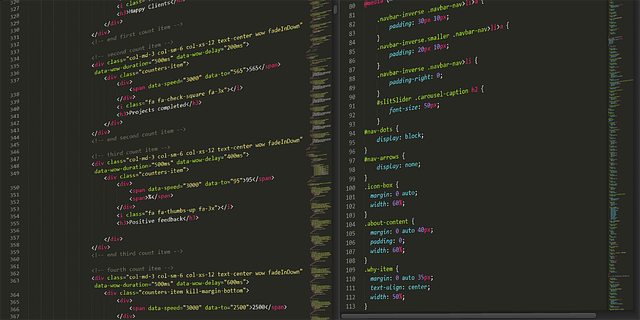Database Management Degree: Curriculum, Skills, and Career Paths
A database management degree prepares students to design, maintain, and secure systems that store and serve digital information. This program blends theoretical concepts with hands-on practice in database design, query languages, and systems administration. Students learn to turn raw data into structured, accessible resources using computer tools and modern technology, making the degree relevant across industries that depend on reliable information flows.

What is a database management degree?
A database management degree focuses on principles and practices for storing and organizing data so it can be retrieved and analyzed efficiently. Coursework typically covers relational and non-relational database models, normalization, indexing, backups, and recovery strategies. Students study the lifecycle of data from collection to archival, emphasizing consistency, integrity, and performance. Graduates understand how databases support business processes, analytics, and applications, and they learn to evaluate trade-offs between speed, storage, and complexity.
How does this education combine technology and theory?
Programs blend foundational theory—such as data modeling and transaction processing—with practical technology instruction. You’ll encounter formal topics like set theory and algorithmic complexity alongside labs using database management systems (DBMS) such as SQL-based servers and NoSQL platforms. Many curricula include courses on distributed systems, cloud databases, and data security to reflect contemporary technology trends. This mix helps students reason about system behavior while gaining the technical skills needed to implement robust solutions in real-world environments.
What computer skills and tools are taught?
Hands-on training typically includes structured query language (SQL), scripting for automation (Python, Bash), and familiarity with DBMS administration tools. Students learn to design schemas, write optimized queries, configure access controls, and manage backups. Practical projects often involve working with performance monitoring, replication, and cloud databases. Exposure to data integration tools, ETL (extract, transform, load) processes, and version control systems is common, equipping graduates to collaborate with software engineering and operations teams on production systems.
How does the degree prepare you to work with data?
The curriculum emphasizes practical tasks like cleansing, modeling, and indexing data to make it useful for analytics and applications. Students practice translating business requirements into data structures and designing queries to support reporting and machine learning pipelines. Courses in statistics and data visualization are frequently included or available as electives, giving context for how database design supports insight generation. Internships or capstone projects often involve real datasets, allowing students to demonstrate the end-to-end process of preparing data for decision-making.
Career paths and job outlook in database and technology roles
Graduates can pursue roles such as database administrator, data engineer, backend developer, or systems analyst. Database administrators focus on uptime, security, and performance tuning; data engineers build pipelines and integrations to support analytics; backend developers embed database work within larger application architectures. Industries from finance and healthcare to retail and public sector rely on professionals who can manage and protect data assets. For those seeking local opportunities, checking job boards, employer career pages, and local services for internships can reveal positions in your area and industry networks.
Graduates may also specialize further with certifications in specific DBMS platforms or cloud providers, which can complement a degree by demonstrating hands-on expertise with particular technologies. Employers often value a portfolio of projects or internship experience that shows practical problem solving and familiarity with the tools they use in production environments.
Conclusion
A database management degree offers a structured path to understanding how data is modeled, stored, and served within modern computer systems. By combining theoretical foundations with applied technology training, the program readies students for technical roles that support analytics, applications, and enterprise operations. Whether you aim to maintain database reliability, build data pipelines, or support application backends, this education provides core skills that remain relevant as data and technology evolve.






